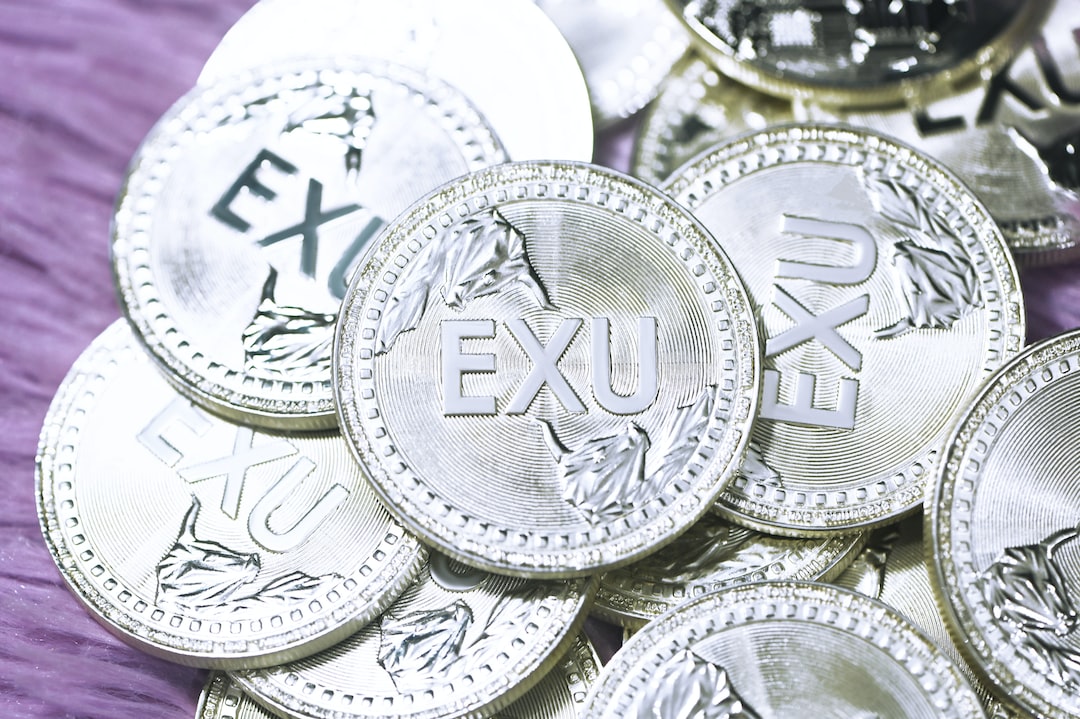Turkey Drafting New Crypto Regulations to Combat Money Laundering
Turkey is working on new regulations for crypto assets in an attempt to convince the Financial Action Task Force (FATF) to remove it from the “grey list” of countries that have not done enough to combat money laundering and terrorist financing. The FATF placed Turkey on this list in 2021. According to Turkish Finance Minister Mehmet Simsek, a FATF report stated that Turkey adhered to all but one of the 40 standards set by the watchdog, with the outstanding matter being related to crypto assets.
The Importance of Compliance
The FATF is an international organization established by the G7 economies to protect the global financial system. In 2019, it warned Turkey about deficiencies in procedures for freezing assets associated with terrorism and weapons proliferation. To address these concerns, Turkey aims to propose a new crypto assets law to parliament.
Completing Cryptocurrency Regulations by 2024
The Turkish Presidential Annual Program for 2024 sets the goal of finalizing cryptocurrency regulations in the country by the end of that year. The program aims to establish clear definitions for crypto assets and potentially subject them to taxation in the future. It also intends to legally define crypto asset providers like cryptocurrency exchanges. However, further details about the upcoming regulatory framework have not been provided.
Central Bank Digital Currency Trials
In December 2022, the Central Bank of the Republic of Turkey successfully conducted a trial of its central bank digital currency, the digital lira. The bank plans to continue testing throughout 2024.
Hot Take: Turkey’s Efforts Towards Regulatory Compliance
Turkey’s draft regulations for crypto assets reflect its commitment to addressing concerns raised by the FATF. By proposing new laws and working towards compliance, Turkey aims to improve its standing and be removed from the FATF’s grey list. Establishing clear definitions for crypto assets and regulating cryptocurrency exchanges will contribute to a more transparent and secure crypto ecosystem in Turkey. Additionally, the country’s ongoing trials of a central bank digital currency demonstrate its progressive approach to financial innovation. Overall, Turkey’s efforts highlight the importance of regulatory compliance in the crypto industry.





 By
By

 By
By
 By
By

 By
By